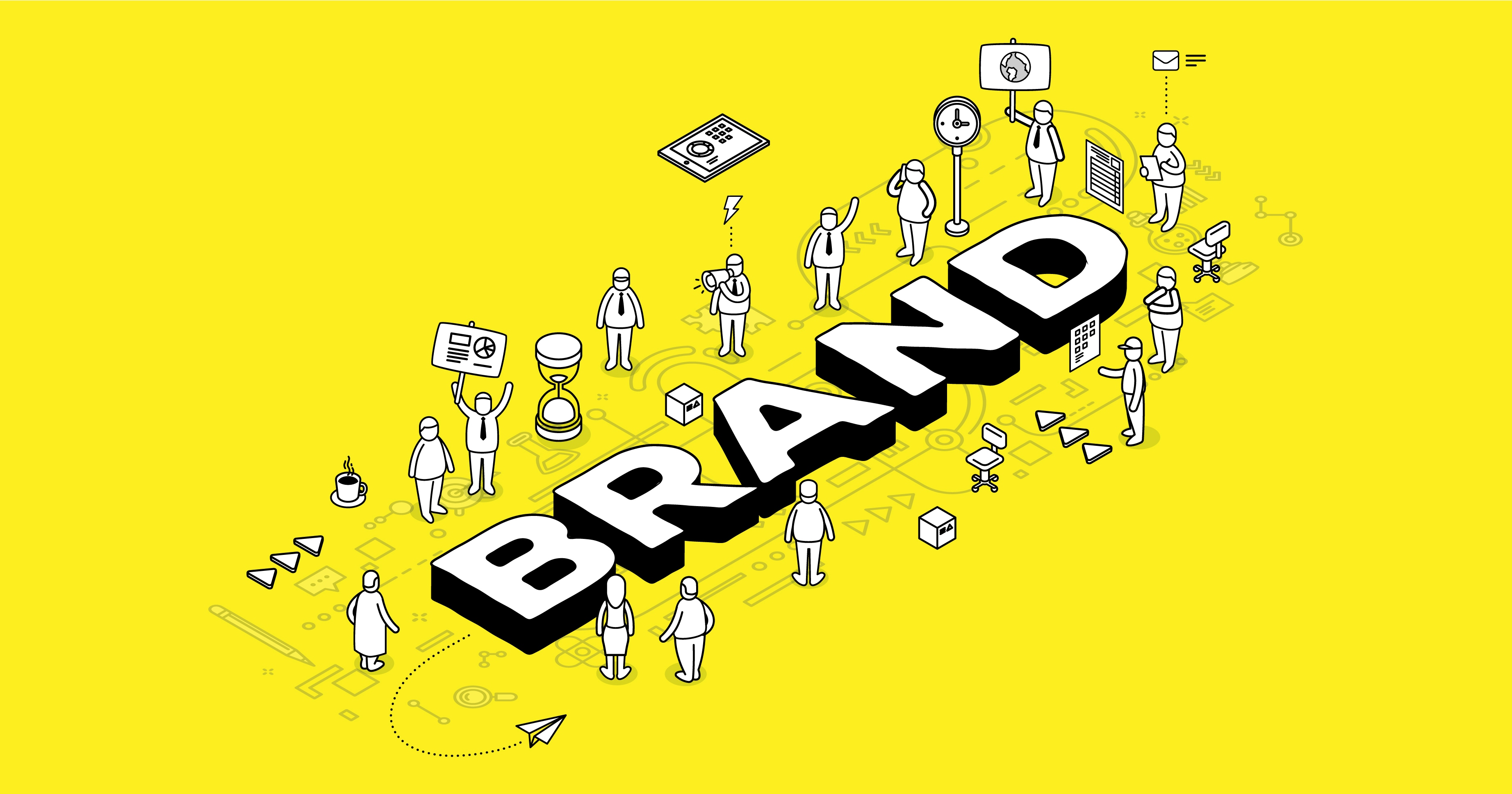
Revealed: Branding in the Digital Age
Branding is just as important now as it has ever been. However, today’s business owners are dealing with a whole different landscape than they were twenty (or even ten) years ago. As much as digital technologies have transformed what brands can do, they’ve had the same impact on customer expectations.
Websites, social media platforms, apps and eCommerce are just some of the digital channels modern customers use to interact with brands. As a result, brands have to make sure they’re telling a consistent and compelling story via these mediums alongside traditional platforms.
More than this, freer access to digital technologies has changed the way customers behave. To stay relevant and enjoy continuous growth, brands have to adapt to these changes. This article explores examples of brands that have successfully expanded across the multi-channel world. It also offers guidance for those looking to evolve with a digital-first approach.

Digital-first customers
Before the launch of the internet, the number of ways brands and customers interacted with each other was limited to in-stores, via call centres and direct advertising. Now, there are numerous channels where communication and engagement can take place.
Customers can contact brands via Facebook Messenger, WhatsApp or email. They can make purchases on TikTok, directly through the website or via a reseller like eBay or Amazon. To review your product or service, they can head to Google, Trustpilot or Reddit. Keeping track of these interactions, never mind metrics like brand sentiment or trust, is a big challenge for businesses.
The brand-to-customer conversation is no longer one-directional. As a brand, you can't just broadcast a message to your target audience and not expect a response. Any social media post, ad campaign or blog will be reshared, commented on or rehashed into new content. As such, brand storytelling is no longer the exclusive reserve of a brand, as user-generated content and influencer marketing prove.
Turning these technologies into an advantage for your business is the key to brand success. This means recognising the digital-savvy of your customers and matching it with engaging and dynamic experiences. This approach has allowed braver brands to interact with audiences in whole new ways.
For example, to promote the release of They’re Real! Magnet Mascara, Benefit Cosmetics worked with Because UK to create a virtual reality platform where potential customers could pick up instant prizes. They could find and win testers, consultations and discounts by signing up to the platform, pinning their location and searching for the virtual ‘easter eggs’ around them.
Partnerships with beauty influencers also allowed customers to tap into exclusive content. For the beauty brand, the virtual experience campaign achieved huge promotion, including more than a million Instagram followers.
Shaped by data
With customer behaviours moving more into the online world, their interactions have become trackable. For marketers, this holds huge potential in terms of the insights and analysis they can run on individual preferences, brand sentiment and buying processes. That is if they have the technology stack and skill set to do so.
Only around four in ten marketers are using advanced measurement to gain data insights. This is despite 71% of consumers expecting personalised interactions from brands, an activity that can only be achieved with some data insights. It’s also in spite of many valuable brand-building activities only made possible with this information, such as audience segmentation and impact measurement.
The world’s largest businesses understand this.
Netflix is renowned for using customer data to understand their subscribers’ preferences for new TV shows or movies. Similarly, Uber has developed an advanced analytics platform to generate a real-time temperature map for trip demands. This means drivers can meet customer needs, leading to a better all-round experience.
Driven by purpose
The digital world has made life more visible. It has also allowed customers to get closer to brands and see what they’re really made of. Particularly for younger buyers, interacting and purchasing from brands that align with their values, beliefs and character is a high priority.
Social media and online forums have also left brand positions on these issues more open to public scrutiny. As a result, if any holes are found in a business’s ESG initiatives or policies, they will quickly be discovered and shared across the internet.
Being authentic and transparent about brand values and emphasising a business’s purpose has been an effective way to meet these customer needs, build trust and show credibility. For example, after the Bank of the West committed to defunding controversial industries such as tobacco and fossil fuel production, their customer growth increased by 37%.
What is the impact of digitalisation on brands?
Although digital technologies have opened up huge new opportunities for brands brave enough to leverage them, it has also presented a range of challenges. These include:
– Cybersecurity: marketing teams need to have the protocols and technologies in place to store customer data according to GDPR regulations and keep it safe from theft, cloning or other internet crimes
– Privacy: 67% of smartphone users worry about this. So brands don’t just have to have the right data security controls in place, but be transparent to customers about it too
– Skills shortages: nearly 40% of marketers said their teams lacked data and analytics expertise, while eCommerce skills were lacking for 12% of them. This is a huge barrier for brands looking to digitise
– Omnichannel management: the digital world means there are numerous platforms and communications to manage, which is a particular challenge for teams with limited resources
Plus, understanding how to build an effective brand across both online and offline channels isn’t easy, particularly in marketing teams with limited resources.
Create a digital brand
The digital age began long ago. Plus, marketing teams can feel overwhelmed with the speed of technology, data developments and changing customer needs. However, it’s never too late to adapt your brand to meet the demands of this new phase.
The Designmc team works to stay ahead of the latest changes in the digital world and understands how to craft brand narratives to suit these spaces. We also know that offline channels are just as important, which is why we focus on developing joined up experiences and stories that audiences can really connect with.
To find out how we can help you stand out from the crowd in the digital age, call us on 01926 754038 or alternatively, drop us an email at hello@designmc.org and one of our team will be in touch.
LET’S TALK
Looking to realign, refresh or redevelop your brand or business marketing strategy? Send us an email at hello@designmc.org or, give us a call direct on 01926 754038 for an informal chat.

